After India and Pakistan agreed to a ceasefire on Saturday evening, the intervening night of Sunday and Monday remained largely peaceful across Jammu and Kashmir and other areas. The army has said it was the first calm night across the Line of Control in 19 days. Many ask why India repeatedly emphasises the “non-escalatory” nature of operations such as Operation Sindoor. The answer lies in a significant shift in India’s strategic doctrine.
I have explained to my acquaintances abroad that India is no longer willing to tolerate terrorist strikes, particularly those targeting civilians. Each such attack is now seen and treated as an act of war. Operation Sindoor marks a definitive departure from previous practices. This is not a tactical response but a strategic transformation in India’s approach to cross-border terrorism.
The operation was a calculated and precise strike against terrorist infrastructure in Pakistan and Pakistan-occupied Jammu & Kashmir (PoJK). It was neither directed at Pakistani civilians nor conventional military establishments. From India’s perspective, the operation was complete in itself—hence the emphasis on it being “non-escalatory”. India did not seek further military escalation or engage in artillery duels, aerial bombardments, or strikes on air bases. Yet, Pakistan’s response charted a different course—diverging even from its playbook during the Balakot strikes in 2019.
Back then, the Pakistan Air Force entered Indian airspace, dropped ordnance near military targets around Srinagar causing negligible damage, and swiftly withdrew—claiming “parity” in military action. The capture of an Indian pilot and the loss of a MiG-21 aircraft allowed Pakistan to spin a narrative of equivalence.
Quick Reads
View AllThis time, the picture is very different. Under Operation Sindoor, there have been no Indian violations of the Line of Control (LoC) or the international border, and missile/drone strikes were made deep into Pakistan and PoJK without breaching these lines. However, military exchanges have entered a new era, characterised by precision-guided missiles, armed and kamikaze drones, and a robust deployment of air defence systems. India’s focus has been on safeguarding its installations and urban centres from Pakistani aerial threats.
In fact, the pattern of attacks by Pakistan—from Jammu and Kashmir to Gujarat—bears an uncanny resemblance to December 3, 1971, when Pakistan’s assault on Indian airfields opened the Western front in the India-Pakistan War. But this time, the technological theatre was entirely different. Pakistan’s target set remained unchanged, yet its efficacy was minimal. India, in response, undertook pinpoint countermeasures to neutralise launch pads of drones, missiles, and aircraft. Moreover, it has systematically degraded Pakistan’s air defence and strike capabilities—this marks a qualitative shift beyond retribution.
India’s retaliation is now calculated and targeted, based on real-time intelligence. There’s a clear message: further escalation by Pakistan will be met with overwhelming force. Unlike Pakistan, where the military often leads or overrides political decision-making, India’s civilian leadership remains firmly in charge. However, the defence forces have been given operational autonomy, and they are employing modern methods to deter and punish Pakistani intrusions effectively.
India’s communication strategy is also notable. The political and military leadership presents a unified front, with the Prime Minister, Defence Minister, Chief of Defence Staff, and service chiefs appearing in regular briefings. Interestingly, it is often senior female officers from the Army and Air Force who articulate the operational narrative and counter the flood of fake news emerging from Pakistan.
In contrast, Pakistan’s official communication has been erratic. Its ministers, especially the defence minister, Khawaja Asif, frequently make inconsistent or uninformed remarks on public platforms. The Pakistani military’s designated spokesperson, the Director General of Inter-Services Public Relations (DG ISPR), remains vocal, but the exaggerated claims and misinformation have damaged credibility.
On the diplomatic front, except for this ceasefire ‘mediated’ by the US, India has had firmly resisted external calls to de-escalate. As External Affairs Minister Jaishankar bluntly put it, “We need partners, not preachers.” India was/is not escalating—but reserves the sovereign right to respond decisively to terrorist provocations. This nuance is lost on many, particularly within the European Union, which struggles to grasp the asymmetry of the situation.
Russia’s response has been ambivalent. While Foreign Minister Sergey Lavrov tried to maintain a delicate balance, President Vladimir Putin’s call to Prime Minister Narendra Modi reflected a more supportive understanding of India’s position. China, predictably aligned with Pakistan in international forums, issued a relatively mild initial statement—perhaps mindful of its own broader geopolitical concerns, especially with the United States. China’s Foreign Minister Wang Yi has engaged with NSA Ajit Doval during the crisis.
The United States, traditionally a behind-the-scenes mediator, initially adopted a hands-off approach under President Trump and Vice President Vance. Secretary of State Rubio had a more active role, engaging with both the Indian and Pakistani leadership.
All wars bring suffering and unacceptable human costs. Yet, in this case, India has endured repeated blows from Pakistan-backed terror over decades. Public demand for justice has now become state policy. With many international actors unwilling to even name terrorist groups at the United Nations, India has made it clear: wherever actionable intelligence is available, it will act to destroy terrorist infrastructure.
Terror groups in Pakistan operate like mushrooms—resilient, secretive, and capable of reappearing unless decisively eradicated. They are tended to by the Pakistan military; India’s new doctrine recognises this reality and intends to respond with clarity and resolve.
India will not be nudged into accepting talks with Pakistan until Pakistan acts against terror infrastructure and against named terrorists. The India-Pakistan diplomatic engagement is at the lowest ebb in decades. It will be too much for partners to believe that after Op Sindoor, India can talk with Pakistan without terminating Pakistani support for terror in a verifiable manner.
The author is a former ambassador to Germany, Indonesia, Ethiopia, ASEAN and the African Union. He tweets @AmbGurjitSingh. Views expressed in the above piece are personal and solely those of the author. They do not necessarily reflect Firstpost’s views.


)
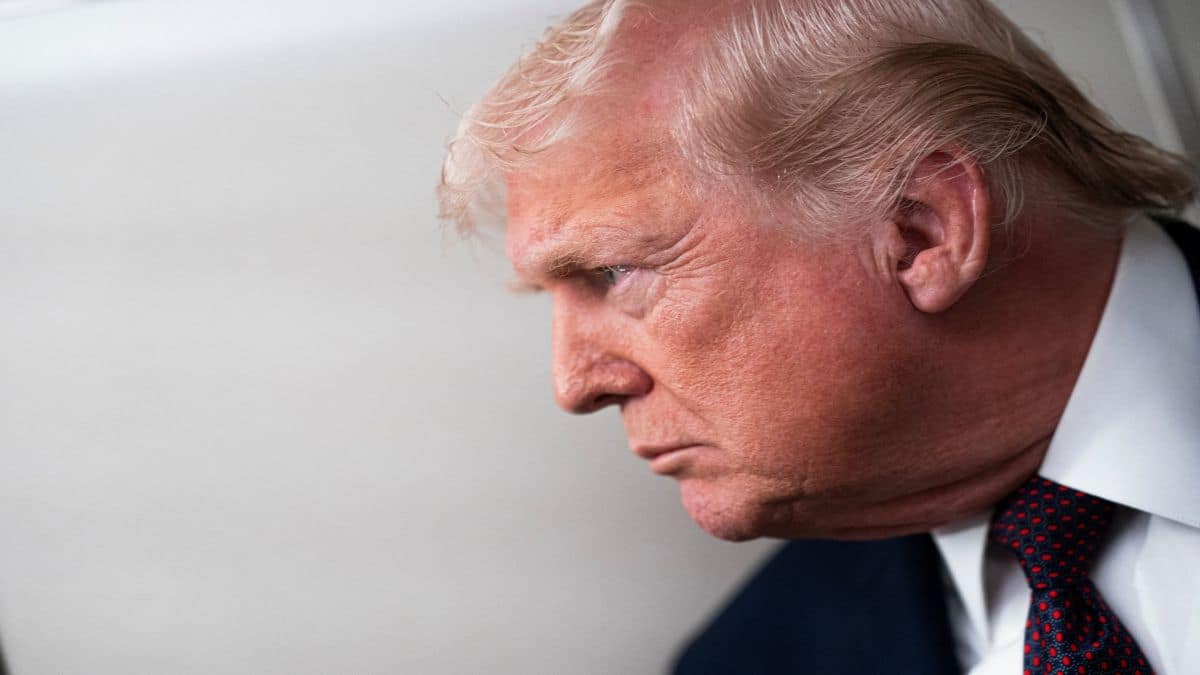
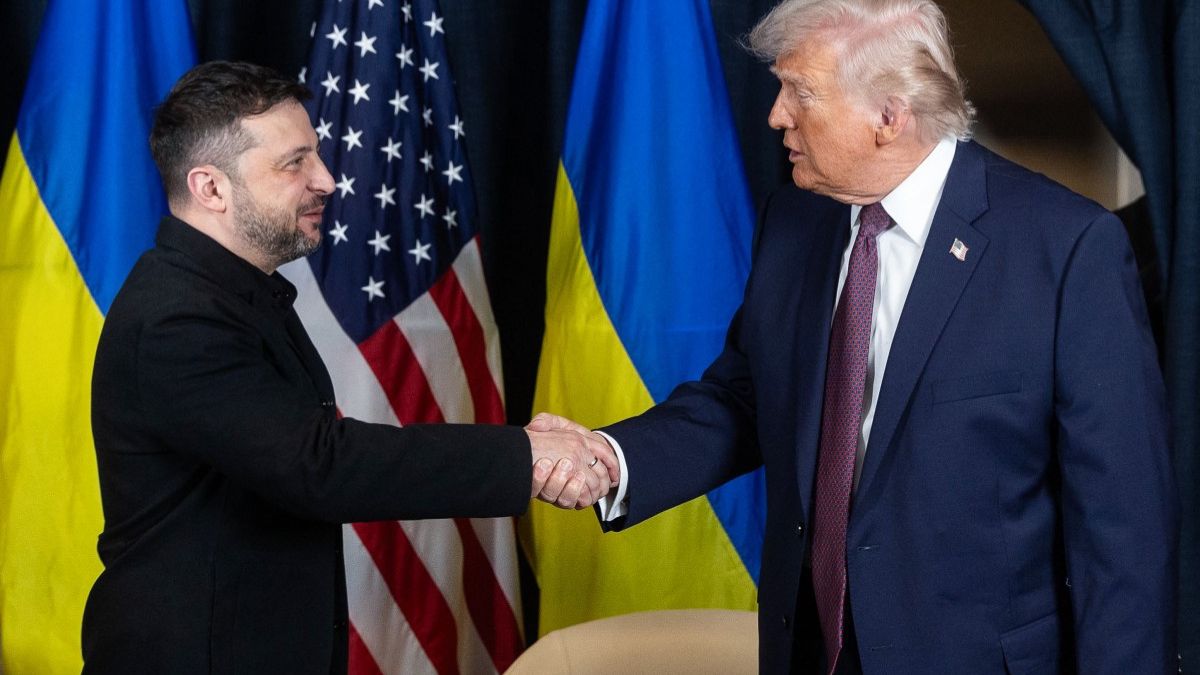)
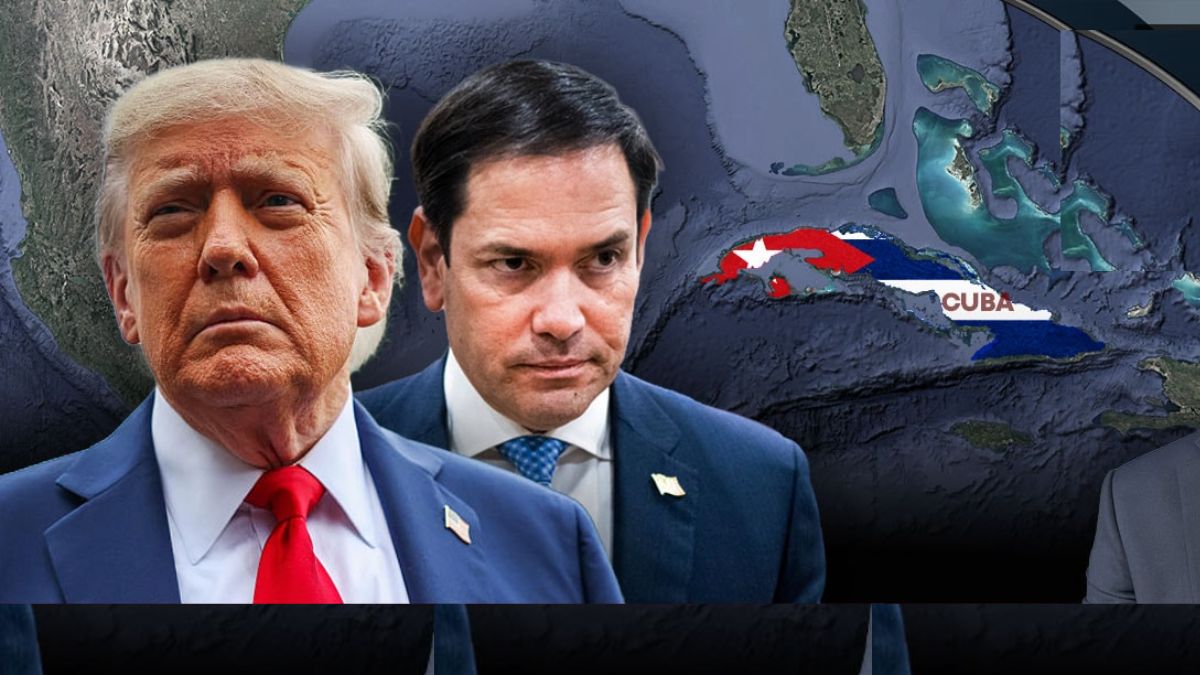)
)
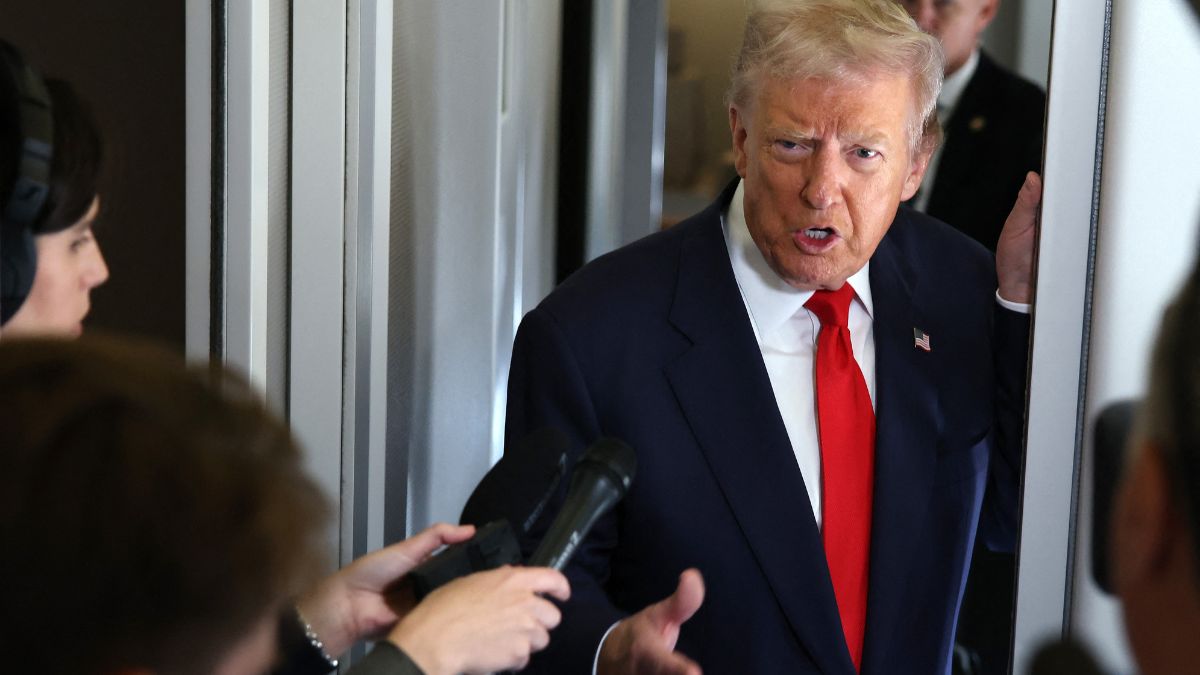)
)
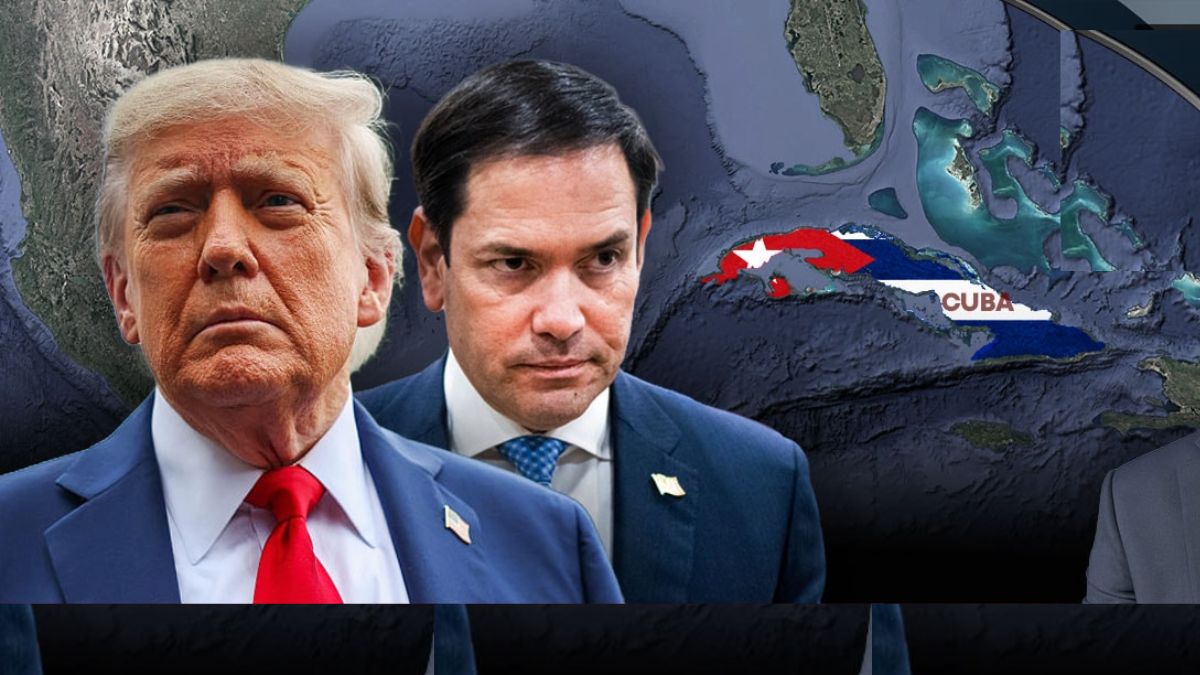)
)
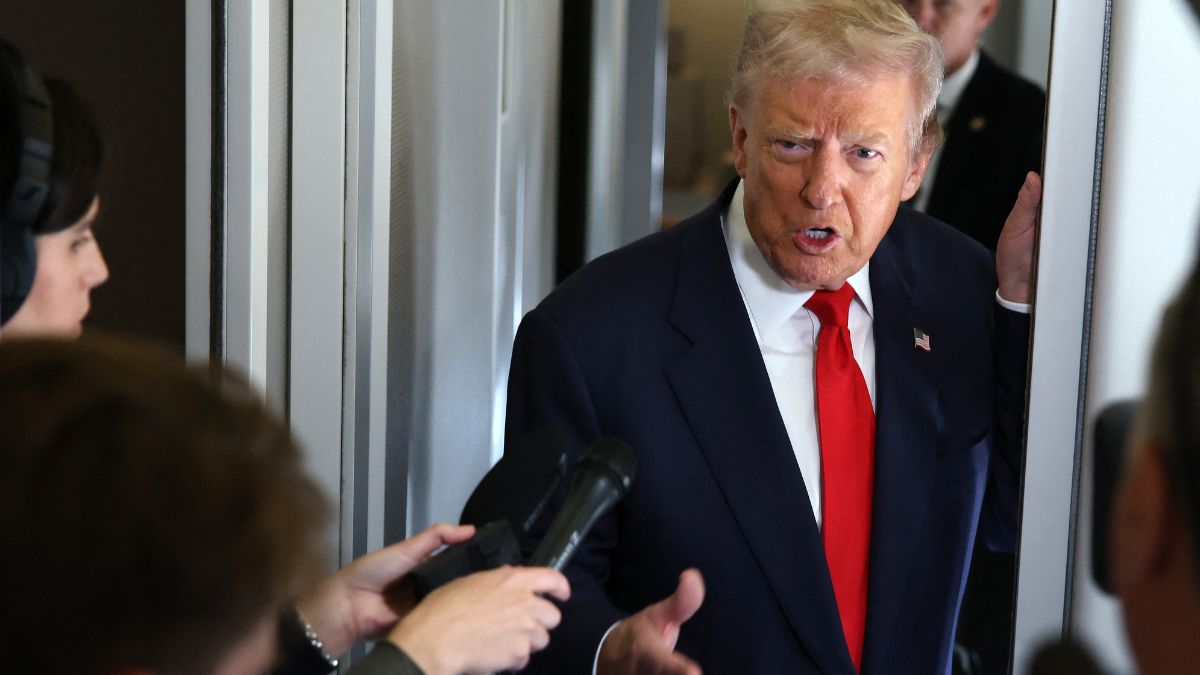)



